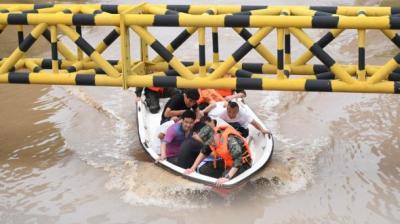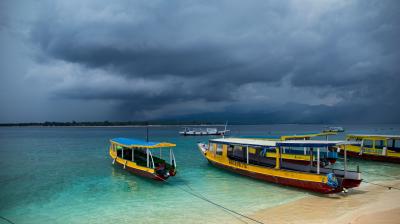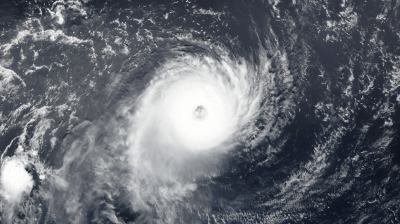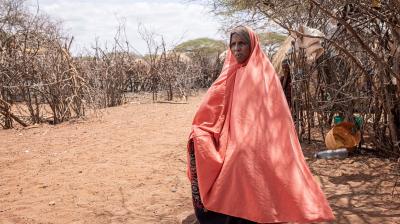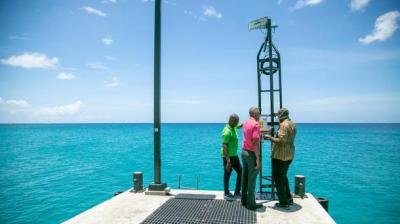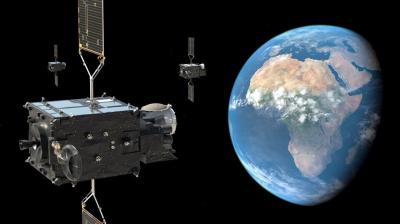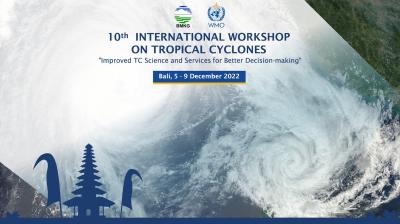WMO pilots E-Learning courses on impact-based forecasts
WMO is piloting a series of e-learning courses on impact-based forecasting, as part of a coordinated drive to train the meteorological community to develop and communicate forecasts not just about what the weather will be, but what it will do.
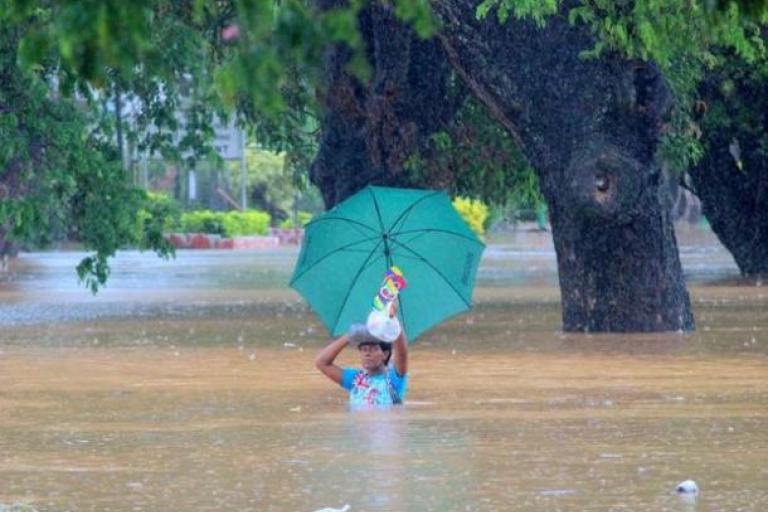
WMO is piloting a series of e-learning courses on impact-based forecasting, as part of a coordinated drive to train the meteorological community to develop and communicate forecasts not just about what the weather will be, but what it will do.
The first of the courses is being conducted from 29 August to 16 September during a hybrid Marine Services Course for the Pacific Islands, which are particularly exposed to extreme weather and are on the frontline of climate change impacts.
The plan is that this education and training tool will then be rolled out more widely, providing a user-friendly, interactive platform for WMO Guidelines on Multi-Hazard Impact-based Forecast and Warning Services. Better communication of risk and impacts underpins decision-making and risk management to save lives and will guide the development of WMO’s roadmap to ensure that early warnings reach everyone in the next five years.
“The paradigm shift towards impact-based forecasting and warning services (IBFWS) represents a communication challenge for hydrometeorological services, as well as for users and decision makers. To aid this shift, we’re developing an IBFWS ‘ecosystem’, including this e-Learning course, to help build capacities and share experiences on the subject, “ says Carolina Cerrudo, Co-Chair of the Expert Team on General Service Delivery.
The online course makes use of text, interactive graphics, case-studies and activities to introduce the basic concepts of impact-based forecast warning systems. After completing the four-part course, participants will be better equipped to strengthen an impact-based approach in hydro-meteorological services, disaster risk reduction and related areas.
The modules cover the potential benefits of an IBFWS approach; the key tools needed to implement a roadmap; collaboration and partnership strategies, and effective risk communication to support decision-making.
Currently, 25 participants from 10 countries in the Pacific have enrolled to the Marine Services course, which is hosted by the Cook Islands Meteorological Service. It aims to strengthen service delivery, and impacting forecasting skills and expand networking opportunities in the marine services community. The hybrid course will be followed by a face-to-face session in late September.
WMO updated its Guidelines on Multi-hazard Impact-based Forecast and Warning Services in December 2021. The guidance provides practical information and case studies on how to move from weather forecasts and warnings issued by National Meteorological and Hydrological Services to the provision of impact-based forecast and warning services of multiple cascading hazards (for instance a tropical cyclone, which triggers flooding, storm surge, wind damage, impacts on infrastructure, transport and energy and on health systems).
The new edition benefits from significant research into exposure and vulnerability and incorporates extensive input from both service providers and the user community. It underlines the paramount importance of partnerships and dialogue between scientists, forecasters, disaster managers, community leaders and decision-makers. It also embraces the concepts of anticipatory actions -- using weather and climate information to underpin humanitarian interventions such as shelter strengthening before a tropical cyclone makes landfall and using forecast-based financing to limit the impact of a drought or flood.


